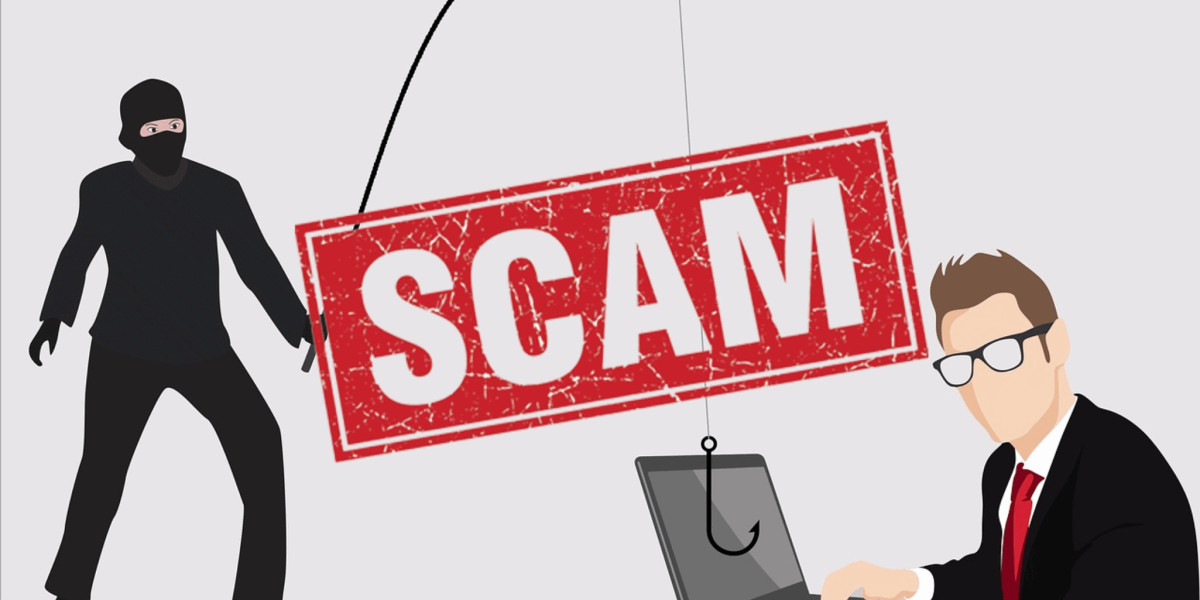From fraudulent listings to phishing schemes, understanding common marketplace scams can help you stay safe and make informed decisions.
1. Phishing Scams: The Trap of Deceptive Emails
Phishing scams involve tricking individuals into revealing sensitive information, such as passwords or credit card details. Scammers often use fake emails or messages that appear to be from legitimate companies. These communications may include links to fake websites designed to steal your data.
How to Protect Yourself: Always verify the sender's email address and avoid clicking on suspicious links. Use official websites or apps to manage your transactions and communications.
2. Fake Listings: The Deceptive Product Offer
Fake listings are a prevalent scam where sellers create fake product listings to lure buyers into making payments for items that don’t exist. These listings may feature images of desirable products at too-good-to-be-true prices.
How to Protect Yourself: Research sellers and read reviews before making a purchase. Be wary of deals that seem too good to be true and always use secure payment methods.
3. Overpayment Scams: The Too-Good-To-Be-True Offer
In overpayment scams, scammers trick sellers into accepting more money than the agreed price and then ask for a refund of the excess amount. Often, the initial payment is made with stolen or counterfeit funds.
How to Protect Yourself: Be cautious of buyers who offer to pay more than the agreed amount and avoid refunding money to anyone you don’t know personally. Use secure payment platforms that offer fraud protection.
4. Fake Reviews and Testimonials: The Deceptive Endorsement
Scammers may create fake reviews or testimonials to make their products or services appear more trustworthy. These fabricated reviews can mislead buyers into believing that they are making a safe purchase.
How to Protect Yourself: Look for reviews from multiple sources and be skeptical of reviews that seem overly positive or generic. Check for verification badges or authentic feedback.
5. Account Hijacking: The Unauthorized Access
Account hijacking occurs when scammers gain unauthorized access to your marketplace account, often through phishing or data breaches. Once in control, they can make fraudulent transactions or steal personal information.
How to Protect Yourself: Use strong, unique passwords and enable two-factor authentication for your accounts. Regularly monitor your account activity for any suspicious behavior.
For more details visit our website: Dentity
Conclusion:
As online marketplaces continue to grow, so do the tactics of scammers seeking to exploit unsuspecting users. By being aware of common scams and implementing preventive measures, you can protect yourself and enjoy a safer online shopping experience. Always remain vigilant, verify information, and use secure payment methods to safeguard your transactions and personal data.








